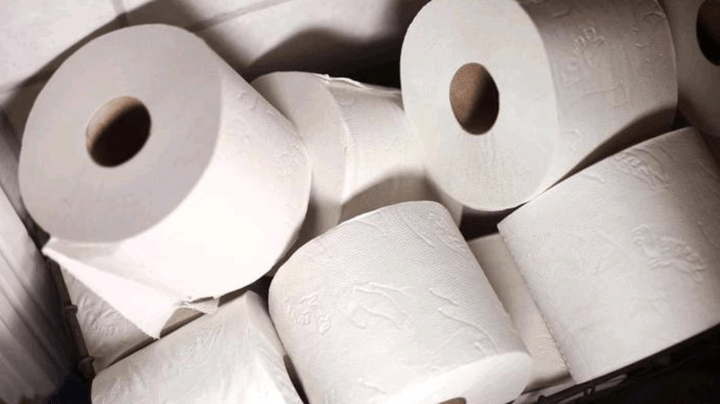While toilet paper is a household staple and essential for personal hygiene, there are aspects of its production, usage, and disposal that can pose environmental and health concerns. It’s crucial to be aware of these issues for a more sustainable and health-conscious approach....Read The Full Story Here ▶
1. **Environmental Impact**: The production of toilet paper involves cutting down trees, contributing to deforestation. While some brands use sustainable practices and recycled materials, the industry as a whole can have significant environmental consequences. Choosing recycled or bamboo-based toilet paper can be a more eco-friendly option.
2. **Chemical Additives**: Certain toilet paper brands may contain chemicals, fragrances, or dyes that can cause skin irritation or allergic reactions, especially for individuals with sensitive skin. Opting for hypoallergenic or unbleached toilet paper can help minimize exposure to potentially harmful substances.
3. **Septic System Issues**: Thick or heavily quilted toilet papers can be problematic for septic systems, potentially leading to clogs and issues with wastewater treatment. Using toilet paper labeled as septic-safe can help prevent plumbing problems and maintain a healthy septic system.
4. **Excessive Usage and Overconsumption**: The culture of overuse and excessive consumption of toilet paper contributes to unnecessary waste. Education on the appropriate amount to use and encouraging the use of bidets or alternative personal hygiene products can help reduce toilet paper usage.
5. **Microplastics in Some Brands**: Certain toilet paper brands incorporate microplastics for added softness. As these microplastics break down, they contribute to plastic pollution. Choosing toilet paper without microplastics or considering alternatives like reusable cloth wipes can mitigate this issue.
6. **Packaging Waste**: The packaging of toilet paper, often plastic wrapping, contributes to the global plastic pollution problem. Brands that use minimal or eco-friendly packaging can be a better choice for those concerned about reducing their environmental impact.
To mitigate the dangers associated with toilet paper, individuals can adopt more sustainable practices such as choosing environmentally friendly options, being mindful of chemical additives, and educating themselves about proper usage and disposal. Additionally, exploring alternative hygiene methods like bidets or reusable cloth wipes can contribute to a more environmentally conscious and health-conscious approach to personal care.































Leave a Review